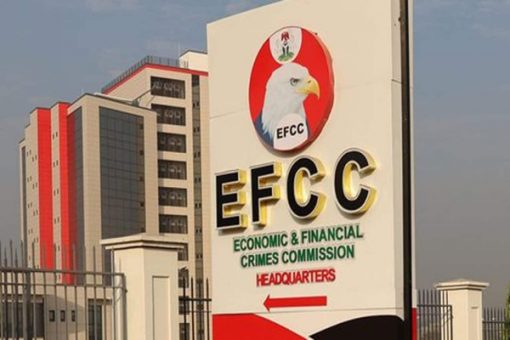Abuja, June 19, 2025 – The Economic and Financial Crimes Commission (EFCC) has assured Nigerians that it will no longer tolerate the re-looting or mismanagement of assets recovered from corruption cases, reaffirming its dedication to accountability, transparency, and proper stewardship of public resources.
The Commission’s leadership made this declaration in Abuja while addressing concerns over the handling of seized properties and funds, a subject that has previously sparked public criticism and dented confidence in Nigeria’s anti-corruption efforts. EFCC officials maintained that new safeguards and protocols are now in place to prevent any form of diversion or abuse of recovered assets.
Speaking to journalists, a senior EFCC official stated that all assets recovered through investigations, prosecutions, or plea bargains will be meticulously documented, preserved, and either returned to rightful owners or disposed of according to the law, under the supervision of relevant oversight bodies.
“We are putting a permanent stop to the cycle of re-looting,” the official said. “The era where looted assets end up being re-looted due to poor management or corrupt practices is over. We are enforcing a new regime of transparency and accountability at every stage.”
The EFCC also revealed that it is working in close collaboration with the Office of the Attorney General of the Federation, the judiciary, and other relevant institutions to ensure that asset forfeiture, custody, and disposal are in strict compliance with existing legal frameworks.
The Commission added that part of its reform agenda includes digitising the asset management process, auditing past recoveries, and making regular disclosures to the public in order to restore trust in the anti-corruption system.
This renewed stance comes amid growing demand from civil society and the international community for Nigeria to strengthen its asset recovery mechanisms and prevent past lapses where recovered loot mysteriously disappeared or was misappropriated.
With this firm position, the EFCC seeks to demonstrate that anti-corruption is not just about prosecution but also about ensuring that recovered resources are safeguarded and used for the benefit of the Nigerian people.
